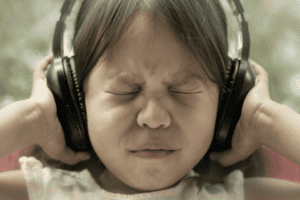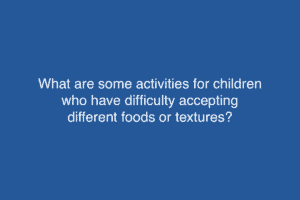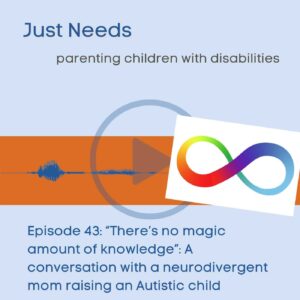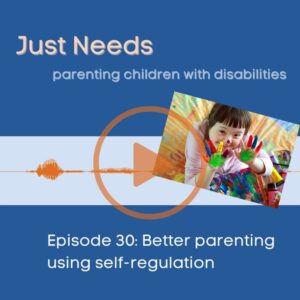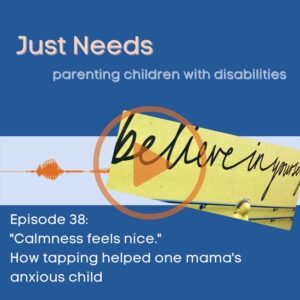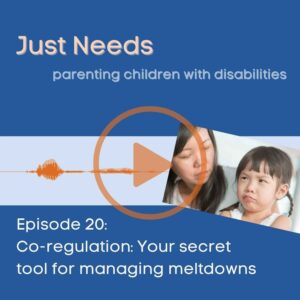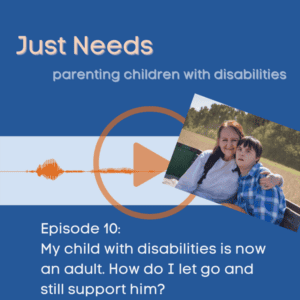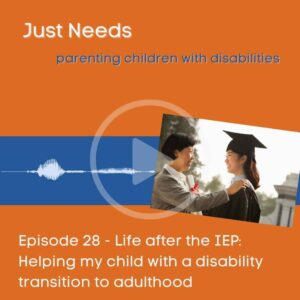Families & Stories
Families and Stories: Conversations with parents and their autistic kids
In these short videos, parents of young children share what has worked for them, what they’ve learned, and what advice they would give to other families.
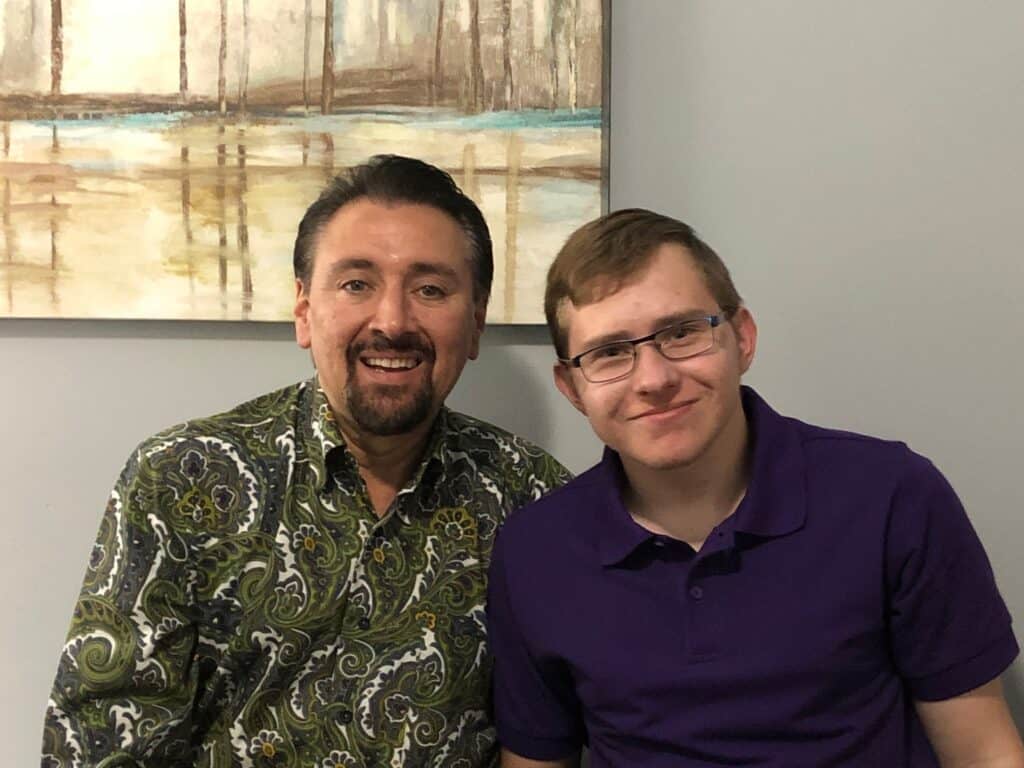
Johnny & Jonathan
Transitioning into adulthood can be a daunting experience, especially for those with disabilities. Jonathan’s parents took advantage of his father’s role at a local community college and enrolled their son as a part-time student to continue their journey to prepare him for life after high school.
Watch the video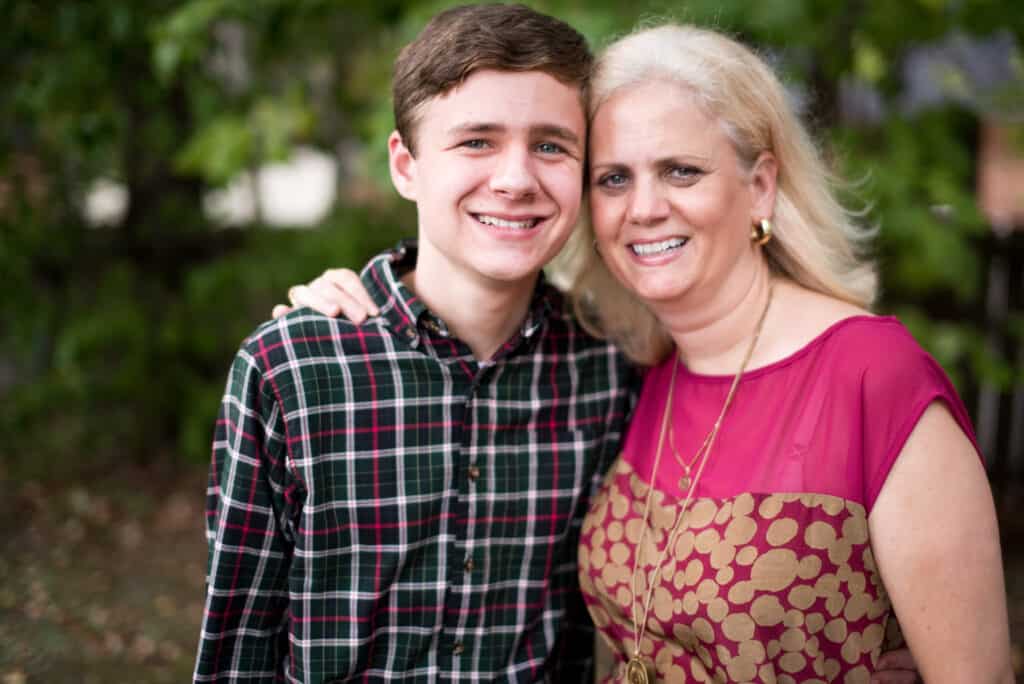
Tanja & Andy
Transitioning into adulthood can be intimidating for any family. Adding a disability to the mix can make things even more daunting, but it doesn’t have to be. Tanja made sure she prepared her autistic son, Andy, for life on his own after college.
Watch the video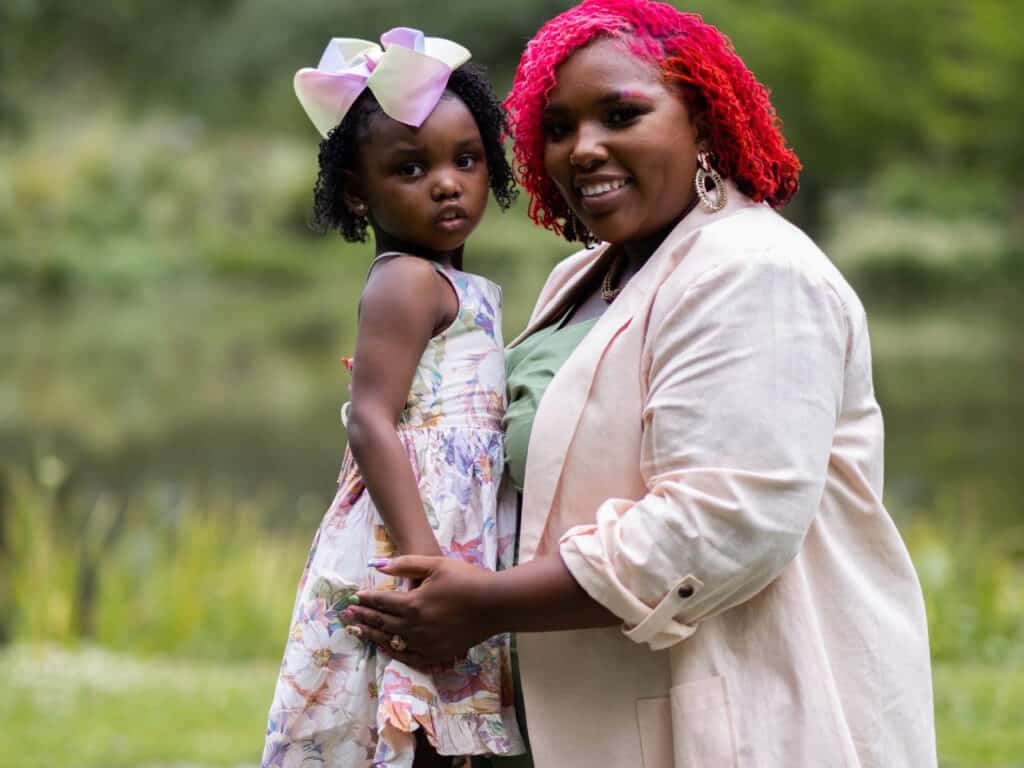
Miranda and Magnolia
Meet Miranda Georgetown Riley, founder of the Magnolia Rose Foundation and mother of Magnolia Rose Riley. At 18 months old, Magnolia was diagnosed with autism and while she did not exhibit all of the typical signs of autism, her mom knew that something was different because she was non-speaking. After getting a diagnosis, Miranda immediately knew she needed to do all that she could to get her daughter early intervention and began her quest to get help.
Watch the video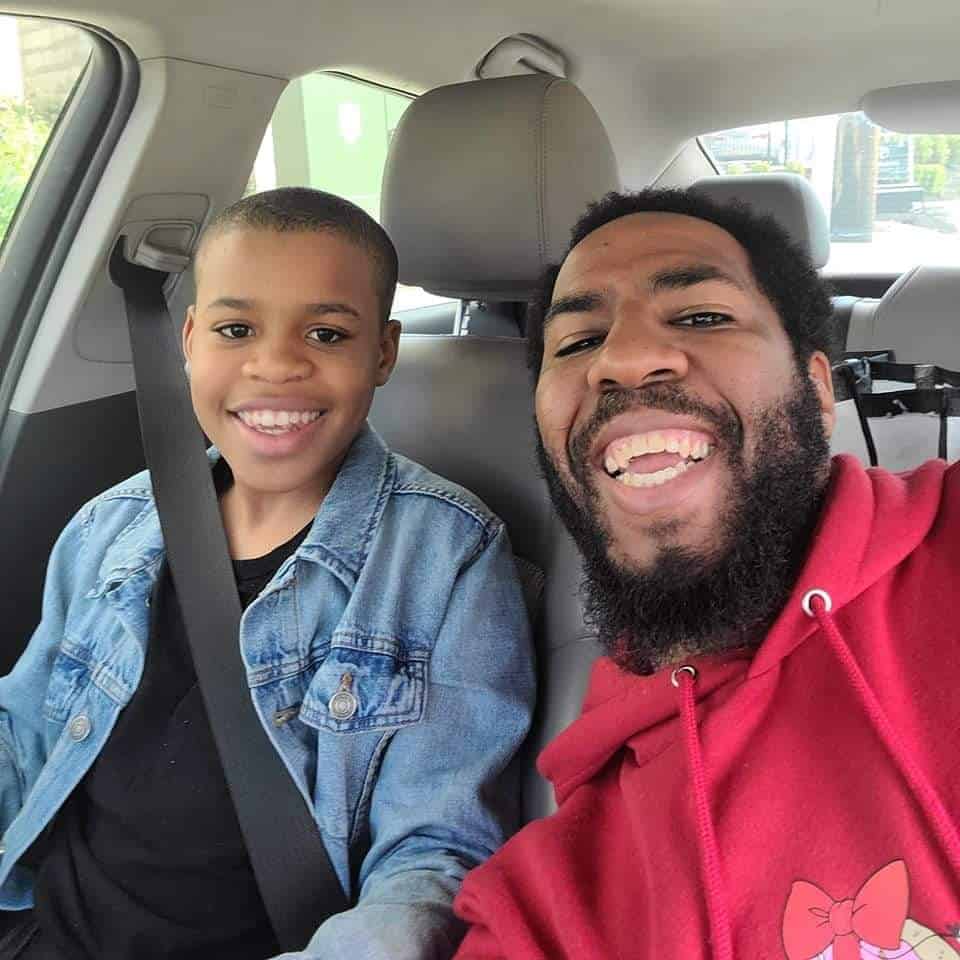
Maurice & Maurice Jr.
Maurice Jr. is the first of 3 children and only son of his father Maurice Rush. After Little Rece’s diagnosis as autistic, his father learned how to become a strong advocate for his non-speaking son.
Watch the video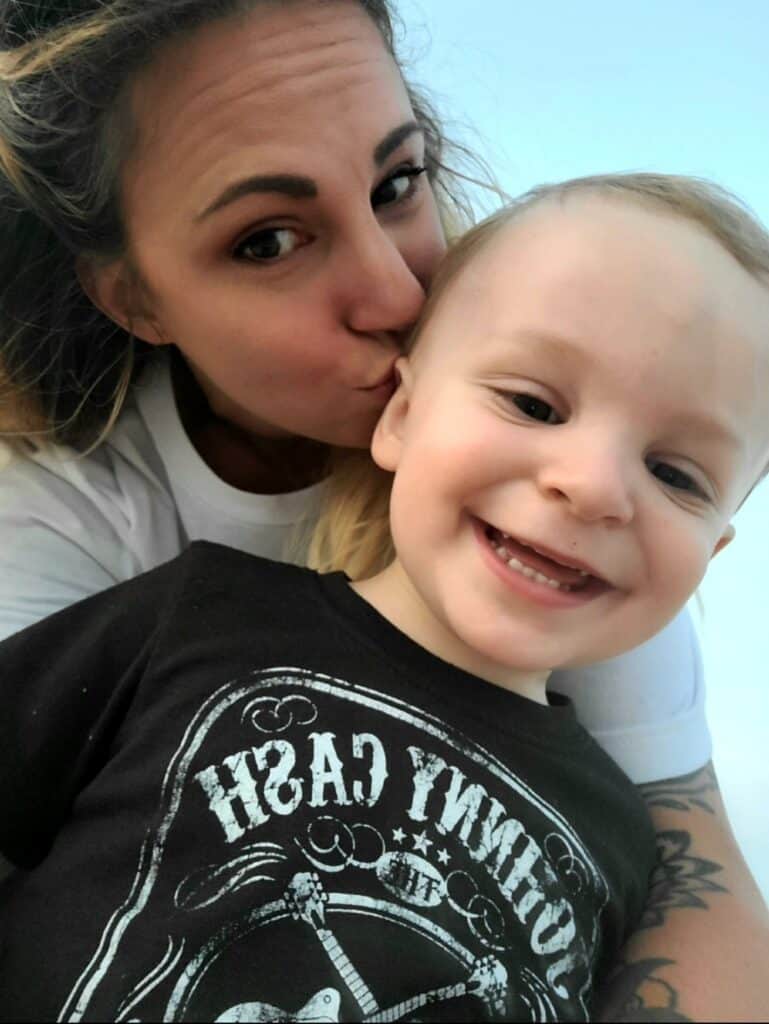
Neda & Mason
Some parents suspect their child might be autistic at an early age, especially if they know what to look for. As a neonatal nurse, Neda knew the warning signs when it came to her son Mason’s developmental milestones and knew right away that something was different.
Watch the video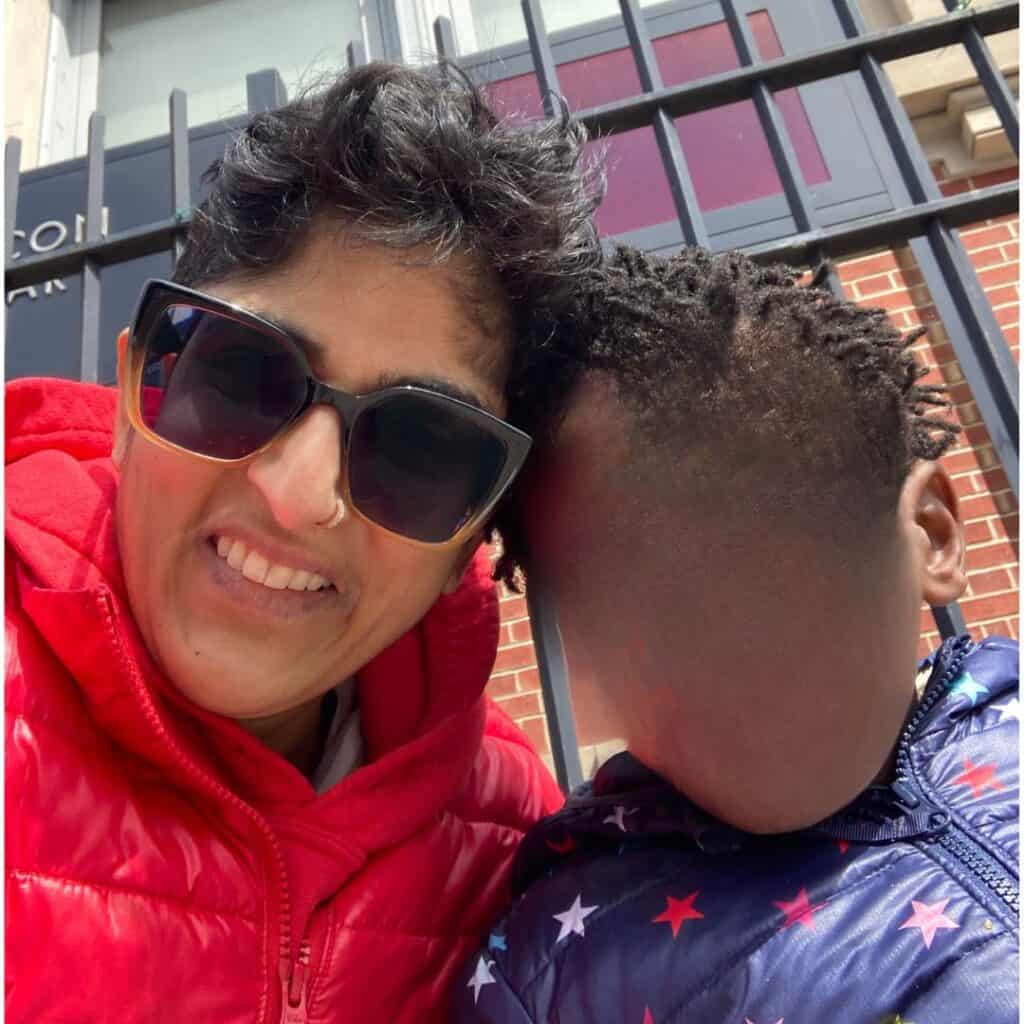
Shubha & A
Shubha Balabaer is a Canadian in Brooklyn. They care for their autistic child while challenging societal gaps and advocating for inclusion.
Watch the video
















